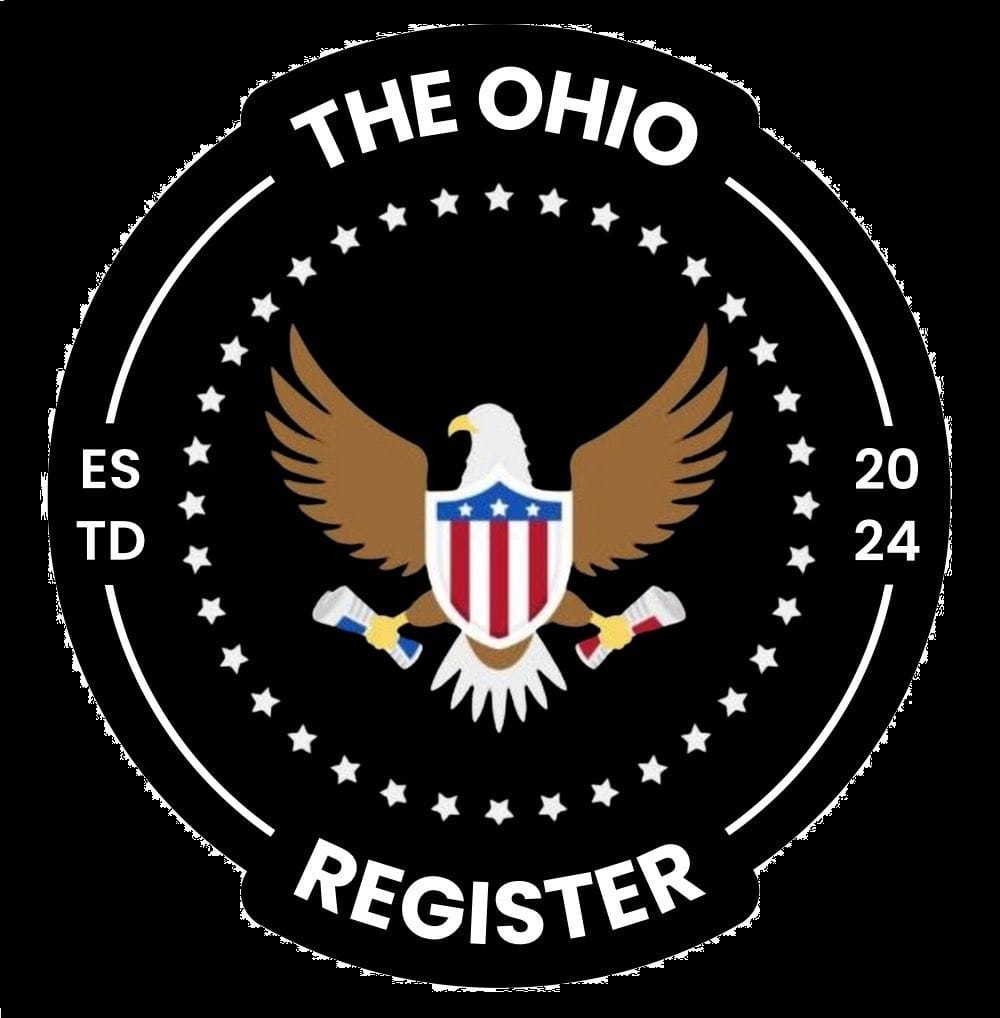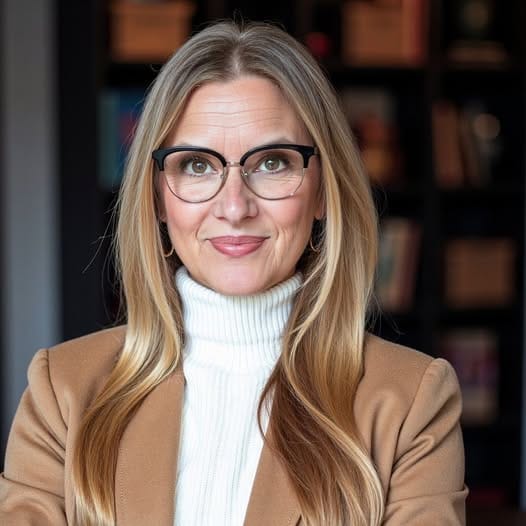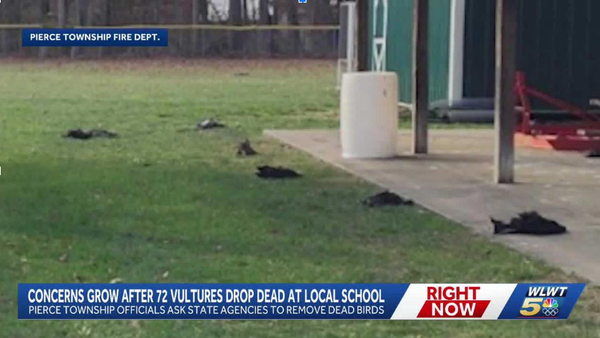AAP Issues Policy Statement Demanding End to Vaccine Exemptions Nationwide
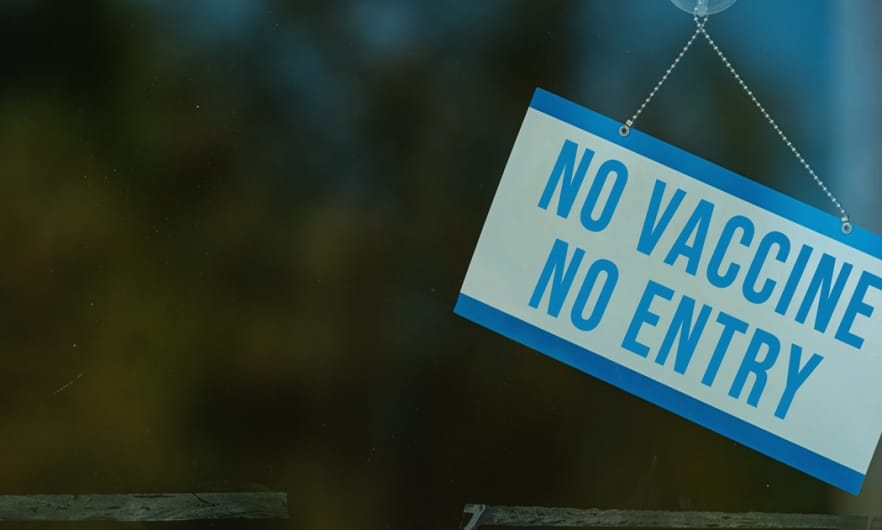
BY JEFF SKINNER
STATEWIDE - The American Association of Pediatrics, or AAP, has issued its policy statement for July 2025, in which they have recommended nationwide that vaccine exemptions be removed for the childhood vaccine schedule and be made mandatory for children entering childcare establishments and schools.
Currently, in the state of Ohio, parents and families enjoy the freedom of choice to decide on whether or not they wish to inject their children with compounds which pharmaceutical companies argue may prevent certain infections. ORC Section 3313.671 specifically outlines that parents and guardians can decide for any reason, be it religious, moral or personal choice, whether or not they wish to inject their children with said pharmaceutical products. The current policy recommendation from the AAP is that states remove these exemptions and mandate the childhood vaccine schedule for all children nationwide.
The AAP policy statement argues that the removal of these exemptions will help ‘create a safe environment for students and staff’ in public school and children care environments, however this belief would call into question the efficacy of vaccines. I.e., if the unvaccinated students pose a risk to the vaccinated ones, then do the vaccines truly work?
The AAP policy statement additionally argues that the current approved vaccines are necessary for preventing illness in children/patients, however studies into the history of vaccine development indicate that rates of illness were already in steady decline prior to the introduction of the most prominently argued compounds on the market.
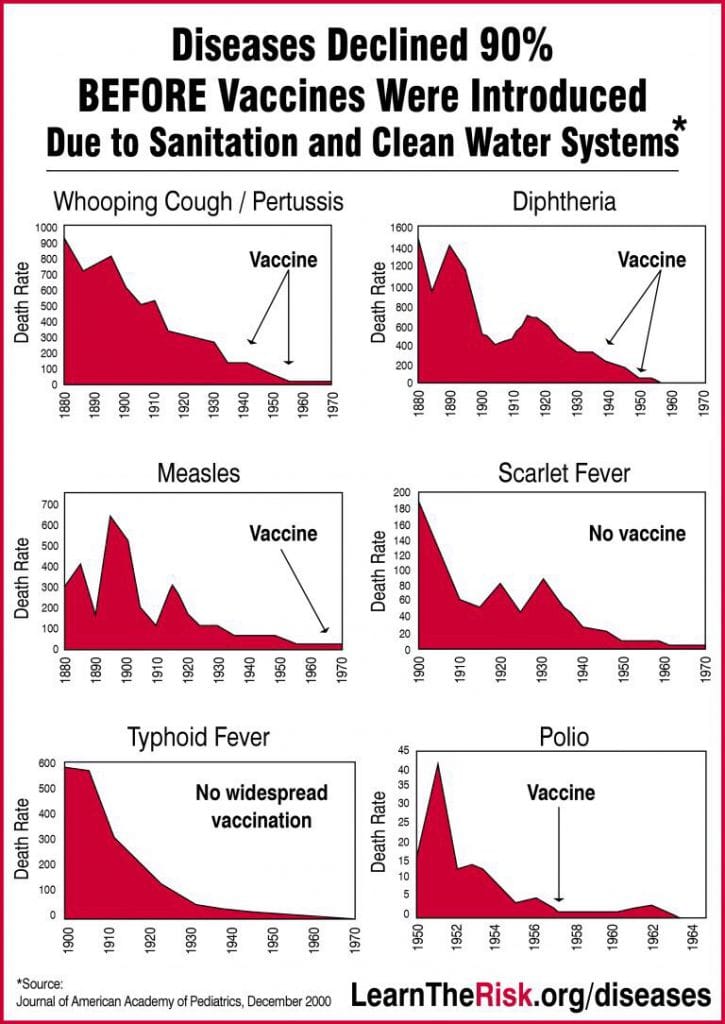
Current national debates rage on approved childhood immunizations not being tested against placebos for accurate safety profiles. In fact, literature such as the published book Turtles All The Way Down, as well as original approval studies, validate that vaccines on the approved schedule, which contain heavy metal adjuvants like mercury and aluminum, were tested against comparable adjuvants rather than inert placebos, muddying safety profile results of the compounds.
The AAP policy statements carry with it significant weight and typically are enough to sway public policy as it is typically interpreted as expert opinion. That consensus has been put under scrutiny within public opinion lately as the AAP works in tandem with the World Professional Association for Transgender Health, or WPATH, an international organization which has ‘pioneered’ policy internationally on ‘gender affirming care’. WPATH came under significant scrutiny when leaked internal messages from medical practitioners revealed their ‘recommendations’ was essentially experimentation, with doctors providing hormonal blockers known to cause cancer to severely mentally ill patients, some with multiple personalities and practitioners silencing and ignoring patients that felt they were manipulated into genital mutilation surgeries and regretted it after. Documents additionally revealed medical practitioners ignored or belittled patients who experienced severe adverse reactions to hormone medications, such as destruction of sexual function, for fear it would skew future patient decisions and medical policies. The AAP agrees with, supports and follows these policies as outlined by WPATH.
According to recent data, only 3.3% of kindergartners across the country are reportedly unvaccinated, with the number growing rapidly. Around 7% of kindergartners were not vaccinated for Measles, Mumps and Rubella based on recorded data from 2023-2024. While this number seems small enough to bring question as to why the AAP would push for such a radical change to remove parents choice in the healthcare of their children, sociological studies may reveal a deeper reason.
In 2011, scientists at Rensselaer Polytechnic Institute completed a study using computational models that indicated that if just 10% of a population held an unshakable belief, that belief would inevitably be adopted into the mainstream population. Some have argued that given the current rising rate of unvaccinated children, the population is getting precipitously close to achieving the 10% needed to fully influence and comport public consensus and opinion. Should the percentage of the population refusing childhood vaccinations increase, pharmaceutical companies would see a significant impact to profit margins traditionally viewed as 'secure'. A recent 2020 report from The Project on Government Oversight showed that the AAP receives funding from and works closely with many pharmaceutical companies that could be impacted by the shift.
